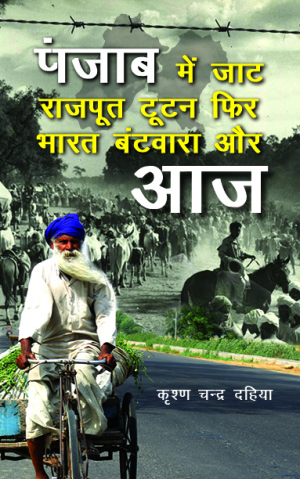For a top-notch betting experience, visit Dafabet App. This platform offers a variety of sports betting and casino games, ensuring a comprehensive gambling experience.
Discover the thrill of online gambling at Glory Casino. They offer a wide array of games and impressive bonuses for both new and returning players.
Wenn Sie nach sicheren Online-Casinos ohne Verifizierung suchen, besuchen Sie Online Casinos ohne Verifizierung. Hier finden Sie die besten Casinos, die Ihnen ein unkompliziertes Spielerlebnis ohne Verifizierung bieten.
Looking for no deposit bonuses? Check out RocketPlay No Deposit Bonus. This site lists the latest no deposit bonus offers from various online casinos.
Szukasz bonusów bez depozytu? Sprawdź Bonus bez depozytu. Ta strona prezentuje najnowsze oferty bonusów bez depozytu w najlepszych kasynach online.
Wenn Sie eine vertrauenswürdige Wettplattform suchen, besuchen Sie GG Bet. Diese Seite bietet vielfältige Wettoptionen und lukrative Boni.
Für ein herausragendes Casinoerlebnis besuchen Sie Lucky Dreams. Dieses Casino bietet eine große Auswahl an Spielen und großzügige Willkommensangebote für neue Spieler.

Zorba Books –
Dr. Dahyia has performed the task with remarkable dexterity and success. His narratives are interesting, his sense of significant seldom deserts him and his conclusions are generally fair, unbiased and just. He rightly claims that though his is a study of the Punjab of 1947 in which he made use of both primary and secondary sources in an appreciable manner. He has not neglected other sources even though there use is merely supportive in nature and therefore selective and limited
Dr. Amandeep Kaur
Department of Punjab Historical Studies
Punjabi University Patiala.
Zorba Books –
Mr. Dahiya’s point of departure is very different from all existing versions; he looks at the movement towards partition from the caste angle especially focusing on the Jats and the Rajputs as the key players. This analytical category sets aside the communal Hindu-Muslim divide and thus lends a new angle to history in which leaders, even towering leaders, yield the space to the interplay of caste formations. This opens up new windows for us.
Sincerely,
Harbans Mukhia
Founder-editor The Medieval History Journal
Was Professor of Medieval History and Rector,
Jawaharlal Nehru University, New Delhi
Zorba Books –
The Partition of the Punjab (1947) evokes feelings of tragedy and farce. The region carries composite culture difficult to crack. Yet, the Partition happened. Religion turned a divisive force in 1947 played out by the ruling elites of Muslim, Hindu and Sikh communities. The British system and Western values created fissures through the agency of commercial and political elites. Shri K.D. Dahiya has minutely elaborated the ethic bases of the Partition wherein the Jats determined the cultural foundation of the Punjabi culture. The British policies undermined such an ethnic cohesion. The Indian National Congress dominated by the urban commercial castes could not take roots in the Punjab. In fact, violence had urban roots with political and economic interests. It adds a new dimension to the Partition Question.
Sukhdev Singh Sohal
Professor
Department of History
Guru Nanak Dev University
Amritsar (Punjab) 143005